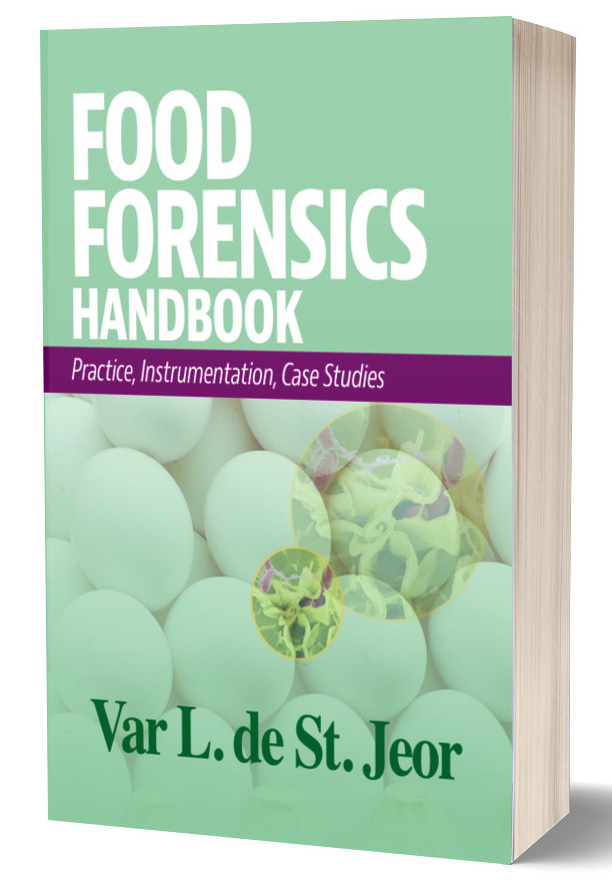USDA Considering More Changes to Listeria Rule, RTE Sampling After Boar's Head Outbreak Review

Image credit: photoroyalty via Freepik
The U.S. Department of Agriculture’s Food Safety and Inspection Service (USDA-FSIS) has published a summary of its review of the deadly Boar’s Head Listeria monocytogenes outbreak that took place in the second half of 2024.
On July 12, 2024, USDA-FSIS opened an investigation into a multistate listeriosis outbreak linked to Boar’s Head ready-to-eat (RTE) deli meats. By September 23, a total of 59 illnesses and ten deaths were reported in association with the outbreak. The outbreak investigation found that the products causing the illnesses were produced at Boar’s Head’s Jarratt, Virginia plant.
Public scrutiny of USDA and Boar’s Head was heightened after FSIS inspection reports of the Jarratt facility showed a history of serious food safety and hygiene noncompliances that went unresolved in the two years leading up to the outbreak. Virginia state public health investigators, acting on behalf of FSIS, observed noncompliances like meat build-up and residues on food contact surfaces and equipment, mold, living and dead insects, condensation and pooling water, rusty pipes, improperly stored product, and other offenses. On September 13, Boar’s Head announced it would indefinitely close its Jarratt plant. USDA-FSIS promised to launch an internal investigation into its handling of the outbreak, as well as its inspectional processes and regulatory oversight of L. monocytogenes, to better understand how the unsafe conditions could have been allowed to persist until they resulted in a fatal outbreak.
Findings and Short-Term Actions Resulting From USDA-FSIS’ Review
As part of its review, FSIS analyzed inspection documents and establishment sampling data from January 2022 to September 2024 for the Jarratt, Virginia plant, and conducted in-person observations. The agency concluded that a large contributing factor to the outbreak was the facility’s inadequate sanitation practices, underlining the issues of product residue, condensation, and structural and facility infrastructure problems.
The agency also looked at its own processes and procedures. In December, even before its internal review was completed, USDA-FSIS announced several new steps to strengthen its oversight of RTE facilities, including expanded Listeria Rule requirements and stricter state-federal cooperative inspection agreements. The agency announced a number of improvements and initiatives to be implemented quickly—which can be read in detail here—focusing on enhancing its science-based approach to mitigating foodborne pathogens, improving training and tools for its inspection workforce, and evolving its oversight of regulated facilities.
Newly Announced Long-Term Measures to Modernize L. Monocytogenes Regulation, RTE Sampling
With the publication of the summary of its internal review, FSIS has announced for the first time several actions it will take in the long term to modernize its approach to regulating L. monocytogenes.
First, USDA announced in December that it is seeking new members for the National Advisory Committee on Microbiological Criteria for Foods (NACMCF), creating a new committee that will be given the charge of reviewing FSIS’ regulatory approach to L. monocytogenes. The committee should produce science-based recommendations by 2026 on how FSIS can make its regulatory approach more effective.
In its review of the Listeria Rule and existing policies, the agency will address a wide range of topics, including whether FSIS should:
- Determine whether to require establishments to perform additional testing for Listeria and take corrective actions in response to positive results
- Determine whether to require RTE establishments to routinely submit to FSIS through the External Lab Results System all microbial data used to support their Hazard Analysis and Critical Control Points (HACCP) system
- Strengthen the documentation requirements for RTE food producers regarding the steps they are taking to prevent product adulteration by L. monocytogenes, including testing.
FSIS will also consider any additional revisions to the regulations that may be needed, including to sanitation model Alternatives 1–3 (Boar’s Head employed Alternative 3, called the “weakest” of all available options by Congress members).
The agency will also review and consider enhancing its RTE sampling programs to more effectively identify potential Listeria contamination or harborage at the facilities it regulates. Pointing to the need for this reevaluation, in its routine RTE sampling program during 2023, Boar’s Head’s Jarratt plant was sampled by FSIS at the highest frequency (monthly), yet this sampling did not identify the establishment’s Listeria problem.
Additionally, FSIS is exploring establishing a new routine sampling program for inspectors to collect swabs from food contact surfaces and non-food contact surfaces from the RTE processing environment based on production volume, L. monocytogenes control alternative, and other risk factors. These samples would be analyzed for L. monocytogenes and Listeria using the new method FSIS will implement in January 2025.
Finally, FSIS will evaluate incorporation of agency Listeria results, certain types of noncompliance records, and additional relevant data into FSIS’ routine sampling algorithm, which will ensure that adequate samples are collected at the highest-risk establishments.
After FSIS has implemented any of the potential changes to the RTE sampling program that it is exploring, the agency will evaluate all RTE sampling programs to determine their effectiveness.
Looking for a reprint of this article?
From high-res PDFs to custom plaques, order your copy today!







